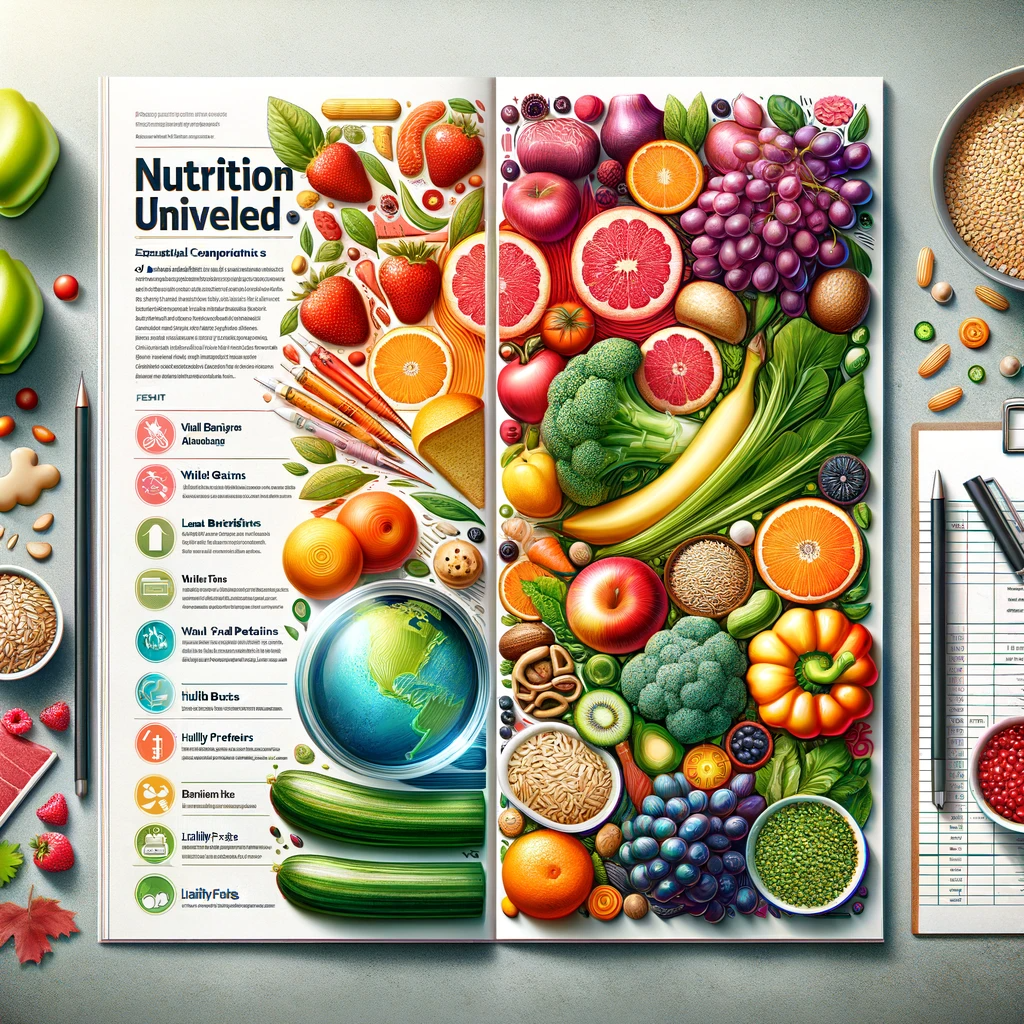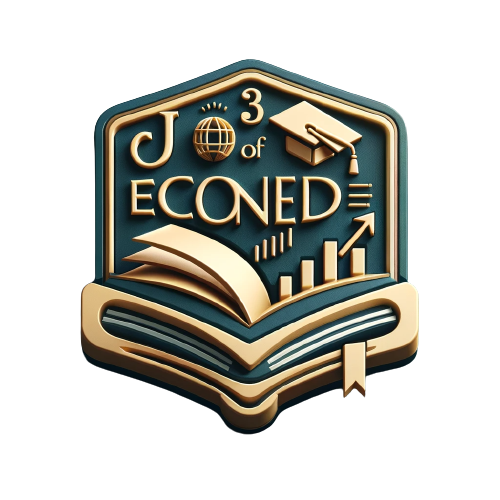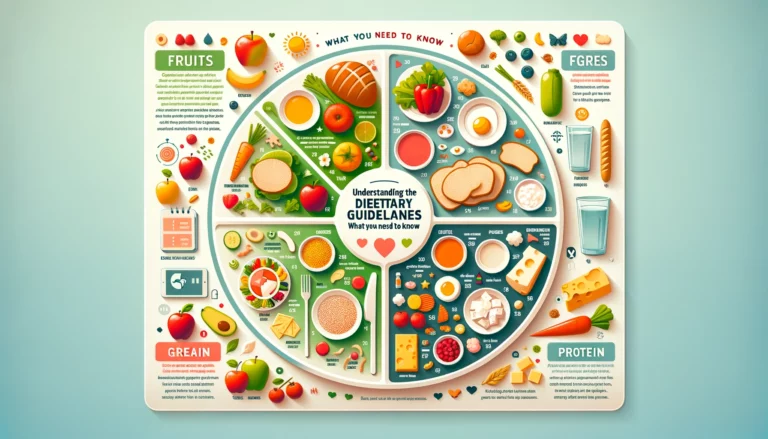Nutrition Unveiled: Essential Components of a Balanced Diet in Health Journal
Welcome to Health Journal, your trusted source for insights into optimal health and nutrition. Today, we’re breaking down the essential components of a balanced diet, a topic that resonates with anyone aiming for a healthier lifestyle.

The Foundation of a Balanced Diet
A balanced diet is the bedrock of good health, providing the body with the nutrients it needs to function effectively. But what exactly constitutes this dietary equilibrium? Let’s explore the critical elements that make up this nutritional cornerstone.
1. Macronutrients: The Big Three
- Carbohydrates: Often unjustly vilified, carbohydrates are the primary energy source for our bodies. Opt for complex carbs found in whole grains, fruits, and vegetables, which are loaded with fiber and essential nutrients.
- Proteins: The building blocks of life, proteins are crucial for building and repairing tissues. A mix of animal and plant sources can offer a complete amino acid profile for optimal health.
- Fats: Healthy fats, particularly unsaturated ones found in nuts, seeds, avocados, and oily fish, play a vital role in hormone production, nutrient absorption, and brain health.
2. Micronutrients: Vitamins and Minerals
These are required in smaller quantities but are pivotal for disease prevention, bone health, and maintaining vital bodily functions. Fruits, vegetables, lean meats, and dairy products are rich sources of the varied vitamins and minerals our bodies need.
3. Fiber: The Unsung Hero
Fiber aids in digestion, helps maintain stable blood sugar levels, and can prevent overeating by promoting a feeling of fullness. Sources include whole grains, fruits, vegetables, and legumes.
4. Water: The Essence of Life
Water is crucial for every cellular function in our body. It aids in digestion, absorption, circulation, and the transport of nutrients, and it helps regulate body temperature.
Personalizing Your Balanced Diet
The “ideal” balanced diet can vary based on individual factors such as age, gender, activity level, and personal health goals. Here’s how to tailor these components to fit your unique needs:
- Listen to Your Body: Pay attention to how different foods affect your energy, mood, and overall well-being.
- Consult with Professionals: A dietitian or nutritionist can offer personalized advice based on your health status and nutritional needs.
- Balance and Moderation: While it’s essential to include all nutrient groups, moderation is key. Portion control can help prevent weight gain and related health issues.
Overcoming Common Dietary Challenges
Adopting and maintaining a balanced diet can be fraught with challenges, from busy lifestyles to the overwhelming abundance of processed foods. Here are some strategies to navigate these obstacles:
- Meal Planning: Allocate time each week to plan and prepare meals to avoid the temptation of less healthy options.
- Education: Understanding food labels and nutritional information can empower you to make healthier choices.
- Mindful Eating: Slow down and savor your meals. This practice can enhance digestion and prevent overeating.
The Role of a Balanced Diet in Disease Prevention
A balanced diet goes beyond just weight management. It’s instrumental in preventing chronic diseases such as heart disease, diabetes, and certain types of cancer. Nutrient-dense foods packed with antioxidants, vitamins, and minerals can bolster the immune system and promote long-term health.
Conclusion
The journey to a balanced diet is deeply personal and ever-evolving. By understanding the essential components outlined in Health Journal, you can start to craft a nutritional plan that aligns with your health goals and lifestyle. Remember, the most effective diet is one that is diverse, moderate, and enjoyable—one that you can sustain in the long run for a lifetime of health and vitality.






